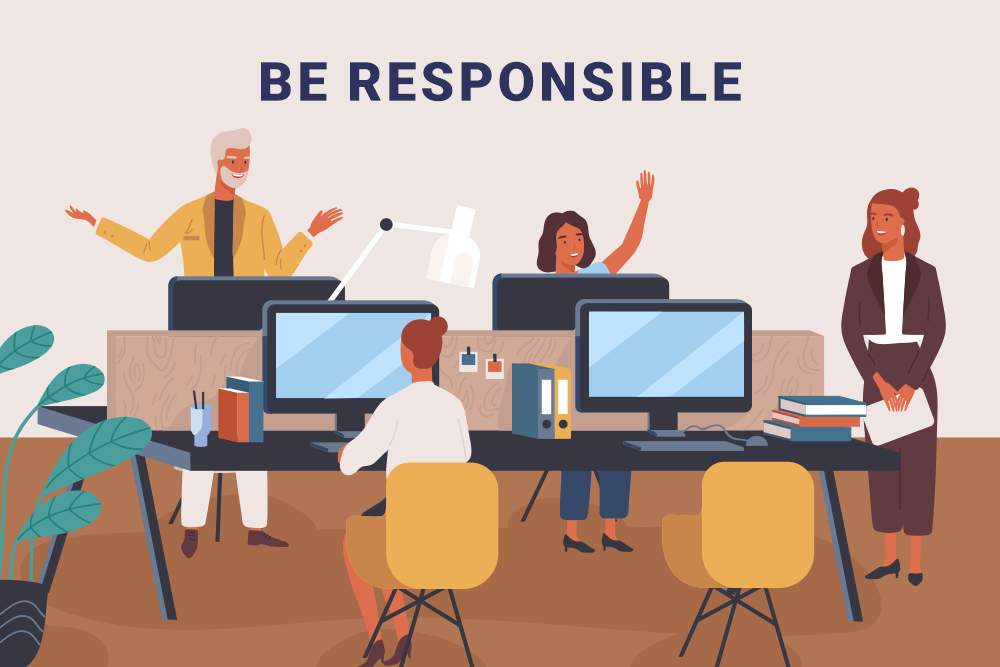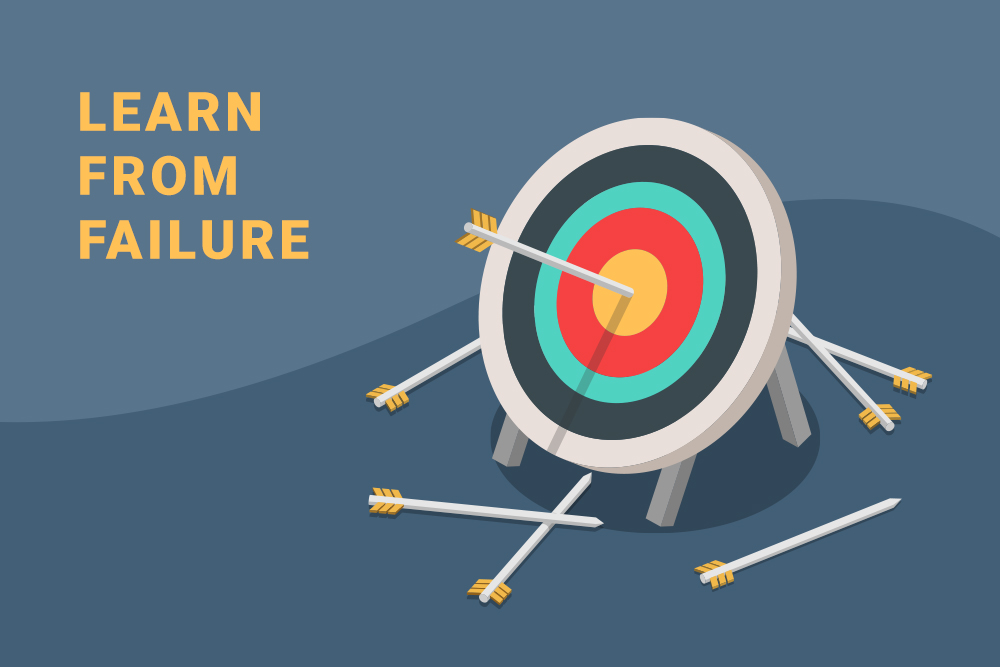You’ve tried your best to climb the corporate ladder. But after a point, your progress has stagnated despite your best efforts.
Dejected, you wonder if this may be the end of the line for you, and new opportunities are likely to come by.
Admittedly, this could very well be the situation unless, of course, you consider the fact that your talents aren’t fixed and can be improved upon.
Let’s talk about the growth mindset.
Nurturing a growth mindset
The term “growth mindset” describes individuals who believe their skills and talents can be improved upon with effort, feedback, and effective strategies.
They are resilient, embrace challenges, and are not known to give in to the status quo.
In contrast, those with a fixed mindset believe their qualities are static. They tend to shun challenges, see working hard as useless, and ignore constructive criticism.
In other words, they don’t see room for improvement.
Both mindsets are not mutually exclusive. We all have a combination of fixed and growth mindsets.
For instance, you may have a fixed mindset when it comes to problem-solving, believing there’s only one way to solve certain problems.
However, you may have a growth mindset when it comes to public speaking. You may believe it’s an area you could improve on with some effort, so you’re willing to try.
Even if you have a growth mindset, some triggers may cause you to switch.
Such triggers could include doing something outside of your comfort zone or seeing someone perform better in an area that you consider yourself good at.
When you fall into the trap of a fixed mindset, you could consider some of these strategies to overcome it.
Want some personalised career guidance and advice? Speak to WSG’s career coaches today.

1. Be responsible for your circumstances
We may feel tempted to blame people or circumstances when things aren’t going our way. It seems easier to shift the blame.
But if we keep making excuses, we will never be able to grow.
When you catch yourself blaming others for your circumstances, try owning up to your mistakes, and focus on what you can learn from the experience.
Mr Joel Tan, 42, a Senior Financial Consultant at a Singapore-based insurance company, took responsibility for a setback at work even though he was not entirely at fault.
He remembers an instance at his previous job in a manufacturing company, where he was unable to provide the deliverables in time because of issues on both his and his client’s end.
Read Also: 5 Conflict Resolution Strategies Every Manager Should Know
“The delayed delivery caused the client to suffer some losses and due to the nature of the deal, we couldn’t offer a discount to appease him. You can imagine how upset the client was! From the tone of his emails, I was prepared for us to lose the client,” Mr Tan shared.
However, Mr Tan took this situation in his stride. He met up with his client and patiently listened to his complaints and frustrations. He then offered feedback on how it could be avoided in the future.
Lastly, Mr Tan assured his client of a discount on the next project, and that he would take personal responsibility to make it happen.
Mr Tan and his team exceeded expectations in the consequent project, winning back the trust and improving the relationship with the client.
As shown from Mr Tan’s case, our mistakes help us improve and become stronger in the long run.

2. Learn from failure
Nobel prize-winning physicist Albert Einstein once said: “A person who never made a mistake never tried anything new.”
Failure is part and parcel of growth and while it can be painful, it can also be a stepping stone to success.
Entrepreneur James Dyson created more than 5,000 failed prototypes before he launched the Dual Cyclone vacuum cleaner.
According to him, failure helps you to progress.
Mr Dyson explained: “Success tells you nothing. Failure tells us that something is wrong… why it was wrong and how you might overcome it.”
Mr Dyson applied the same mindset when his electric car project failed.
Be informed of all the latest career trends and job listings on our Telegram channel!
Although he lost over $900 million in the process, he used the learnings he gathered to improve the battery technology to continue creating innovative products.
No matter how challenging the situation is, there is always a chance of success when we learn from our setbacks.

3. Try something new
To keep growing, it is necessary to keep learning something new — and that means getting out of your comfort zone.
It’s not an easy task, but the sense of achievement you experience more than makes up for it.
For instance, getai singer Wang Lei learnt how to use social media to conduct his first-ever Facebook Live seafood sale.
These new skills increased his career resilience — he now has another avenue to earn a living besides singing and hosting live performances.
Trying something new broadens your horizon. It also helps sharpen your skills — all of which are necessary for career progression.
The next time you think that there is an insurmountable obstacle in your life, tap into the growth mindset, seek advice, and try new strategies.
After all, life is about moving forward.















